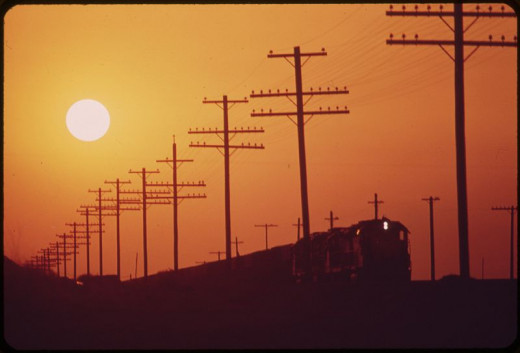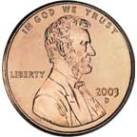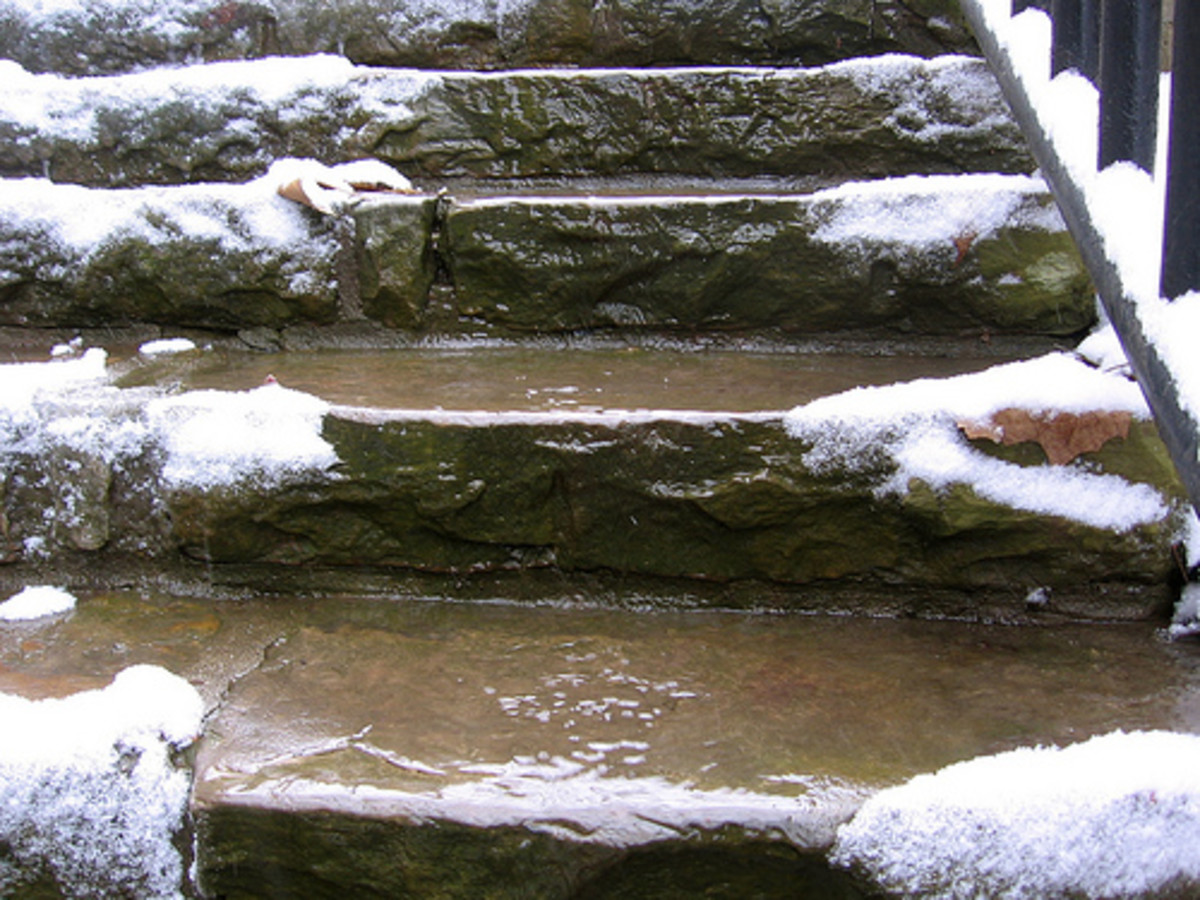Free Train Story: Memories from the Sound of a Train Whistle
This is a column originally published in the 1990s in "The Girard (Kansas) Press" - a small newspaper in Southeast Kansas.


The Train's Horn
The whistle of the train is louder in small towns.
In the large cities in which I have lived, in the still of the early morning, it is possible if the traffic quiets, to hear a small, thin whistle in the far distance. It is nondescript, blending easily with the other noises of the city.
But in my small Kansas town, the moaning whistle steals across farms, lawns and houses to easily find its way into my bedroom. In the early morning hours when sleep is elusive, it is at its most moving. Loud and strong, it demands to be noticed – to be reckoned with – sometimes as a harbinger of the past.
And the cry sends my mind back to the time before I was born. A time when the trains came and took Kansas boys from the safety of their small towns to the uncertain hell of wars on foreign shores. The trains blew their whistles, leaving behind mothers, fathers, wives and girlfriends. Families spent the wartime praying they would never have to display the gold star in their window, signifying the home of a soldier killed. The boys spent the war praying the same thing, and yet fighting every day to protect the freedom to say that prayer. In the end, the whistle of the train accompanied some of the Kansas men back home, boys no longer. Forever changed. Some never again heard the train whistle in their home towns.
I also think back to my childhood and the supply train that ran twice daily a block from our house. It was a small, slow train, but its whistle also demanded attention. And got it – from the neighborhood children.
Rumors in my elementary school abounded that the engineer on the train carried a BB gun that he used it to shoot kids who tried to jump on board the train for a quick ride home from school. I never personally tested the assumptions. Instead, my friends and I would gather after school with precious pennies carefully placed on the iron rails. We would then run and hide in nearby bushes, awaiting the arrival of the afternoon train.

The big, black engine would soon growl past. The ground would shake, and we would crane our necks to get a glimpse of the menacing, BB gun toting engineer. After we were sure the engineer was out of shooting range, we would retrieve our now flat, oval pennies with Lincoln’s face strangely skewed.
Not many of my pennies were squandered in this manner. At 10, pennies were an important legal tender, buying gum in twos and 7-11 Icees in mass.
The supply train quit making its daily runs over a decade ago, and a few years ago the track land was handed over to home owners. Now well-kept suburban yards span the train’s former territory, and a train’s whistle can only be heard late at night in the far distance.
But it’s different in small towns. Trains still run here, carrying crops and animals to market. Warriors don’t board the train to go to World Wars anymore, praise God, but children can still sit in their parents’ automobiles and count the cars on the passing train.
And the whistle can still beckon the little girl in me to bring a penny to the tracks.

Similar Columns by Agilitymach
- The Human Need for Yard Art
A humorous column examining why people have statues of animals in their yards. By Agilitymach. - Big Spiders in Southeast Kansas: How to Cash in on Spider Tourism
A humorous column about large spiders in Southeast Kansas. - Salting Slugs: Killing a Suburban Meance
A humorous column about killing slugs in the suburbs. "Here in the suburbs, it's the animals - not the people - that rule." - Secrets in a Small Town
A column written in the 90s about deceiving neighbors with spray painted landscaping. By Agilitymach.



